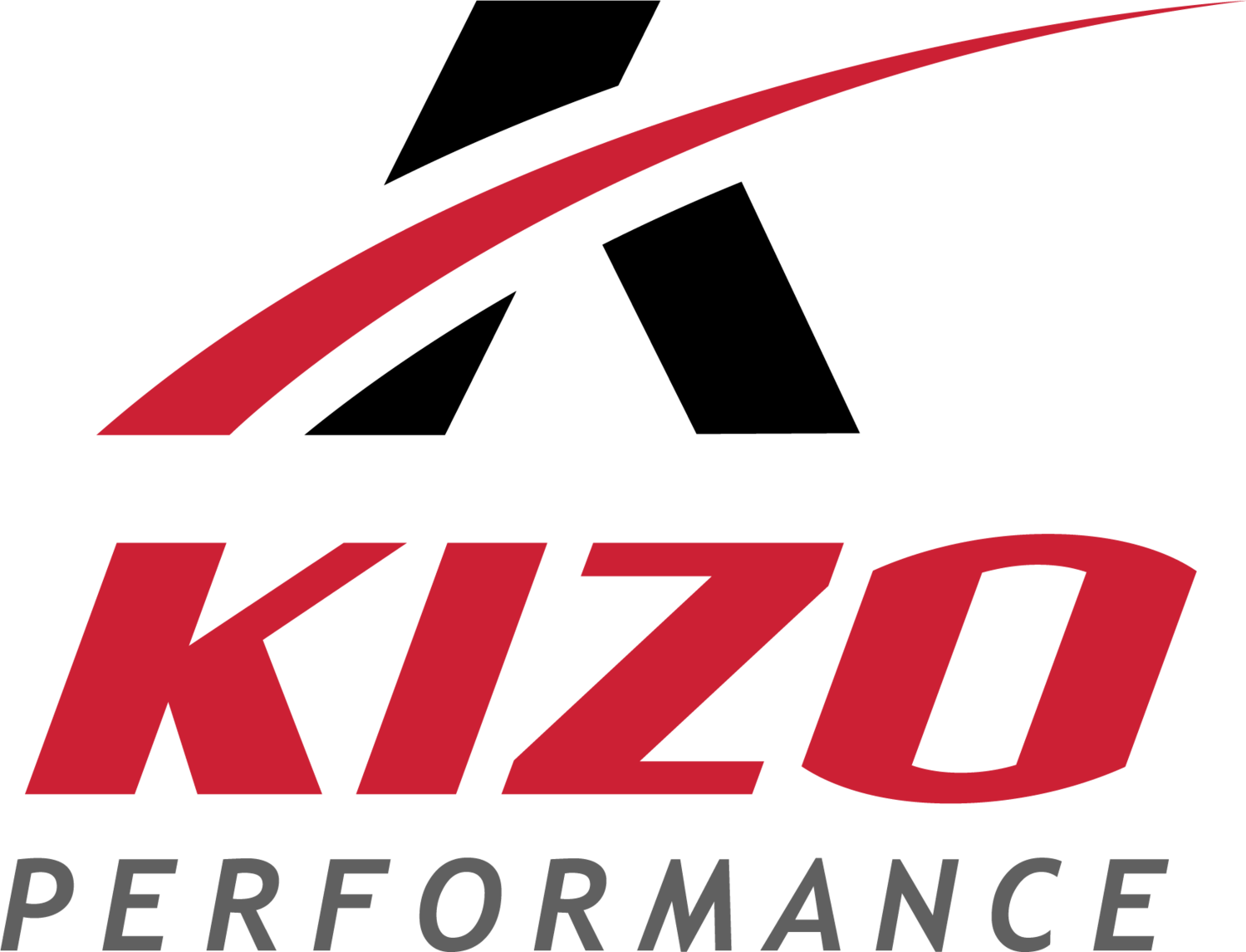Focus on the Process: The Rule of Threes
Reading time: 3 minutes
What you’ll learn
The important difference between process & outcome goals
How to break down outcome goals into process goals using the Rule of Three
How controlling what you can control and trusting the process will unlock your performance
Interested in setting goals to help you close the gap? Schedule a short call with one of our coaches to get started!
Heading into a performance or competition can be daunting. Our minds drift towards the unknown, the unpredictable, and the ‘what ifs’. This creates alot of tension and fundamentally a lack of presence of mind to what were supposed to be doing. In most cases this is because athletes focus too much on the outcome. Having an outcome focus has been linked to excessive muscle tension, anxiety, and worry. This makes sense because the outcome is totally out of our control. Yet, we spent so much cognitive energy trying to change it.
Using Process Goals to Reach Outcome Goals
Outcome goals are our big, long-term, results-based goals, such as losing weight, or making the university team. These are great targets to have and I encourage everyone to have goals to work towards. The problem with outcomes goals however, is that they are not 100% inside of our control, as there are multiple factors that affect it. What we need to do instead is to focus on the process. Process goals are within our control. They are the how-to goals which lead up to or increase our chances of reaching the outcome. Think of it this way; What is more stressful, cleaning the entire house, or just cleaning the dishes? You might have an outcome goal of cleaning the whole house, but that in itself can be overwhelming. So, by breaking the goal down into smaller, more manageable pieces, such as cleaning the dishes, sweeping, then doing laundry (process goals) our brain is less stressed and instead gets a nice hit of dopamine by accomplishing the smaller, more achievable goals. So, to help with this, we need to break up your outcome goal into smaller little steps.
The Rule of Three
One technique that I like to implement with my athletes is the rule of three. It is a quick and easy tool to add to your pre-performance routine and is a good way to solidify the idea of focusing on the process versus the outcome. Let’s say you have a big game coming up and you obviously want to do well. Your outcome goal may be to win the game. That is great and all, but the outcome of you and your team’s performance is not entirely inside your control. There are numerous variables such as weather, referees, quality of opponent, and even getting picked as a starter. Therefore, you must think of the ways that will help increase your chances of getting the outcome instead of trying to control something you can't control.
OUTCOME GOAL: win the game
Now that you have your outcome in mind, what are just three things you can do in order to improve your likelihood of winning the game? Here is an example for a soccer game:
Get crosses in from out wide
Keep it simple
Challenge for every ball
Or for you runners out there it may look more like this:
OUTCOME GOAL: Finish top 5
Run my pace
Remember to breathe
Positive self talk
Control the Controllables
It only takes a few moments before a game or competition, but it can help you focus on the process goals that will ultimately get you to your outcome. When things get tough they are a good reminder to Control the Controllables. The rule of three can also be implemented within teams to get everyone on board with what the group as a whole needs to do to get the job done. So try it out for yourself and remember to keep trusting the process!
Main Takeaways
Outcome goals are our big, long-term, results-based goals, such as losing weight, or making the university team.
Process are the how-to goals which lead up to or increase our chances of reaching the outcome.
Before a game or competition focus on the three process goals that will get you to your outcome.
Interested in setting goals to help you close the gap? Schedule a short call with one of our coaches to get started!
About the Author
Marek is a certified mental performance consultant and founder of Flow Performance. He works with a variety of teams and individuals with the aim of enhanced performance and well-being. Connect with Marek and ask him any questions by clicking one of the links below.
Website: www.flowperformancepsych.com
Facebook: Flow Performance
Instagram: @marektkomar




